Vande Mataram Movement (1905-1909):
Lord Curzon announced officially the Partition of Bengal on July 4, 1905. On October 16, 1905, Partition came into effect. The official version for Partition was “administrative convenience”. However, the real reason was to divide Indian society into Hindus and Muslims and further to divide Congress by accentuating differences between Moderates and Extremists.
Bipin Chandra Pal started the movement with the Kali Puja festival and became the first Indian leader to tour India before Gandhi. Rabindranath Tagore and Nabakrishna Chakravarty composed patriotic songs. The slogans of the movement were ‘Swadeshi and Swaraj‘. Under Swadeshi, Rabindranath Tagore founded Shanti Niketan and Satish Mukherjee founded Dawn Society to impart native education. Tagore gave a call for Rakhi Bandhan as a token of Hindu-Muslim unity and wrote articles under the title “Atma Shakti“.
While the movement going on, differences started between Moderates and Extremists for the first time in the Calcutta session in 1906 on the question of whether to make the movement national or restrict it only to Bengal and on the issue of President of the session. The extremists wanted Tilak to be President. However, Dadabhai Naoroji became President as a compromise candidate. The Calcutta Session was a victory for extremism because-
- The extremist ideas “Swadeshi” and “Swaraj” were accepted by Congress for the first time.
- Congress condemned the decision of Partition.
- Tilak became Chairman of the Reception Committee.
In 1906, the All India Muslim League was founded by Salimulah, the Nawab of Dacca and Aga Khan.
In 1907, the Surat Session was held. Congress was divided for the first time (First Split) on the issue of the election of the President. The extremist candidate Tilak was defeated by the moderate candidate Rasbehari Ghosh. The moderates expelled the extremists from Congress. The extremists founded the Liberal Party and called themselves ‘Neo-Nationalists‘. Tilak was trialled on charges of disturbing public order and sentenced to six years imprisonment, departed to Mandalay Jail in Rangoon. Bipin Chandra Pal withdrew from active politics. Aurobindo Ghosh took retirement from politics after a moderate-extremist fiasco and settled at Pondicherry where he became a spiritual guru. Lala Lajpat Rai was also sentenced and extremism suffered a setback.
The Vande Mataram Movement ended with Morley-Minto Reforms in 1909.
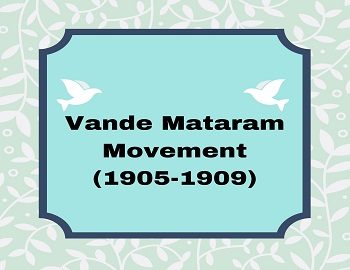
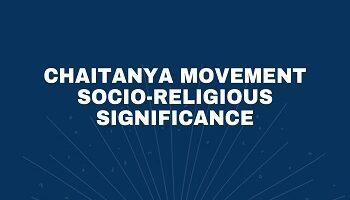
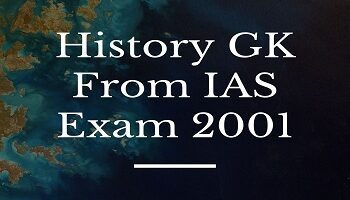

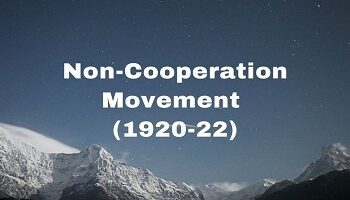
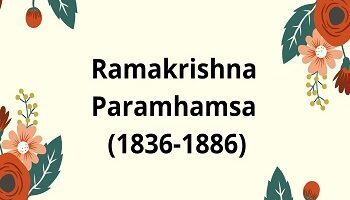

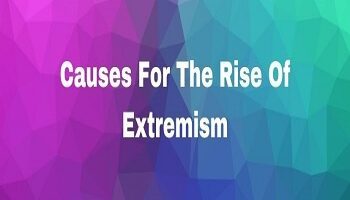

Comments (No)